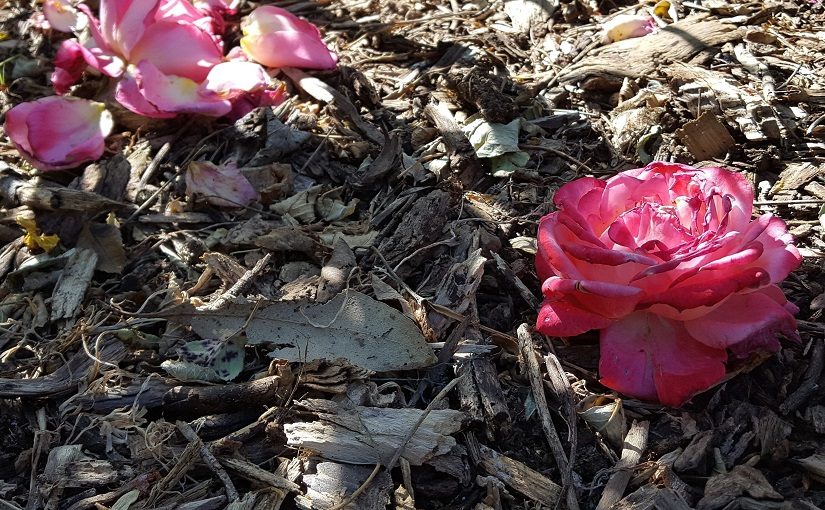What is it to be a “self” within “society”? All these highly personal, intensely lived points where humanity becomes aware of itself within the social structures that envelop, define and inform its existence. The collective nature of our individual lives is fascinating – if overwhelming – to consider: each one of us connected in all the significant, impactful activities that make up our lives together.
Within it all, aren’t we generally seeking meaning, purpose, and the recognition of our worth within our community? This sense in which the mind seemingly always looks for the relationship between things, people, events, environments, and society itself (Notes One). As if “to be human” is to apply our capacity for thought and find meaning within the world around us.
As beings who think – perhaps, can’t help but think – isn’t it “natural” we would seek to make sense of all that’s surrounding us? This idea that being human “is” to stand within reality and reflect it in thought (Notes Two). Almost as if “that” is what we bring to the table: intelligence, analysis, forethought and, hopefully, concern. Each of us personally experiencing and drawing conclusions about life and how to live it.
We might look on society as comprised of units we call humans – these strange, predictable or surprising creatures – that arguably have to be constrained, educated or directed in ways that “work” for the systems sustaining their every need (Notes Three). As if communal life is a conceptual exercise of “knowing the human” then extrapolating to create ways of uniting us all through belief and action.
Given how this relationship between self and society goes both ways, the question of whether we’re held together or willingly hold ourselves together seems interesting. Do we need threats, constraints or incentives to act cohesively? This picture of humans as being guided mainly by self-interest; needing strong enough reasons to go against that. As opposed to us being guided by understanding, vision, or hope.
Modern society, in many ways, seems to take the first approach: surrounding us with carrots and sticks that shepherd us down the paths that’ve been deemed wisest overall. As if we’re “supposed” to judge based only on personal concerns and how much we’ll benefit from any given option. Alternatively, couldn’t we choose what seems right based on our thorough understanding of complex realities? (Notes Four)
Who’s the say what’s the best way of arranging individual humans into collective systems? There are presumably many ways of doing so, as evidenced by past and present societies. Within it all, the West perhaps stands out for the beautiful sentiment of attempting to establish social realities based around universal principles of human worth – those philosophical starting points underpinning where things now stand.
Ultimately, it seems society “must” establish itself around its understanding of individuals – their needs and inclinations – in order to create structures likely to be able to contain us all in meaningful, purposeful, sustainable ways. How well it’s all working out, though, seems to be giving cause for concern.
Notes and References:
Note 1: What it is to be human
Note 1: The struggle with being alive
Note 1: Complication of being human
Note 1: Losing the sense of meaning
Note 2: Joining the dots
Note 2: What are we thinking?
Note 3: Society as an imposition?
Note 3: Having confidence in complex systems
Note 4: Do we really need incentives?
Note 4: Authenticity & writing our own story
Note 4: Culture as a conversation across time
Note 4: Whether we make a difference

